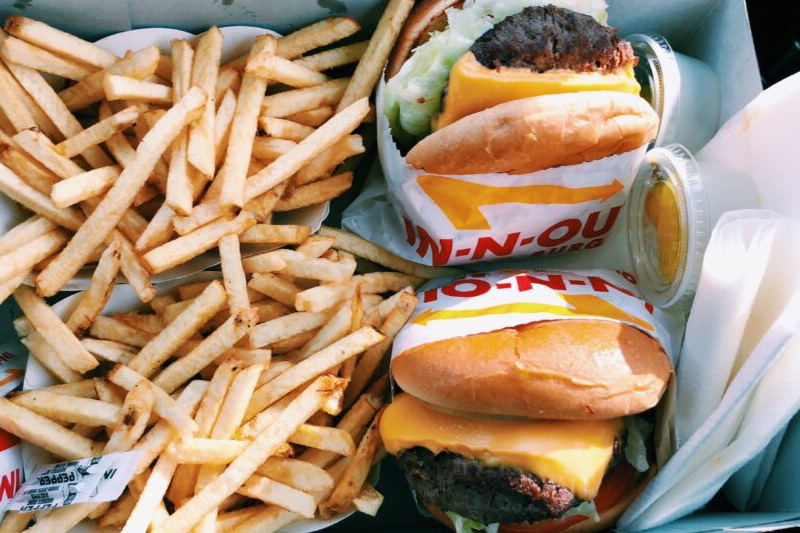
Colombia’s ‘Junk Food Law’ Comes Into Force: Here’s All You Need To Know
Health experts and campaigners have hailed Colombia’s new “junk food law” that has made the country the first in the world to explicitly tax ultra-processed food.
After years of campaigning, the law came into force this month and a levy will be introduced gradually. An additional tax will begin at 10%, rising to 15% in 2024 and reaching 20% the next.
The tax targets ultra-processed products defined as industrially manufactured ready-to-eat foods, as well as those high in salt and saturated fat, such as crisps and chocolates.
Colombia Tackles Diet-linked Diseases
Colombia’s model could serve as an example to other countries, said Franco Sassi, international health policy and economics professor at London’s Imperial College Business School.
While countries across the globe have been implementing health taxes, for example on sugary drinks and tobacco, only a few have taxed processed foods, the expert noted.
Sassi said compromises were made, like excluding sausages and certain other processed foods, from the tax. It appears Colombia’s war against diet-linked diseases is gaining momentum.
Keep Reading
Avoiding Path Of Rich Industrialised Nations
The average Colombian consumes 12 g of salt a day. The figure is among the highest in the world and the highest in Latin America. Nearly a third of adults there have high blood pressure.
Colombian diet is high in sodium, which has been blamed for a considerable rise in cardiovascular diseases, which account for almost 25% of fatalities annually.
“We want to avoid following the path of rich industrialised nations,” said Beatriz Champagne from the Coalition for Americas’ Health, a Latin American advocacy group.
Tax And Colombia’s Struggle With Inflation
Following its neighbours, Colombia is also introducing mandatory health warnings on foods with high content of unhealthy ingredients, such as sugar or saturated fat.
However, some critics have raised concerns over the new “junk food law” exacerbating the country’s struggle with inflation and the cost of living crisis.
“But it’s possible to work within the framework of existing taxes to create incentives, for example by reducing VAT on healthier foods,” said Sassi.




